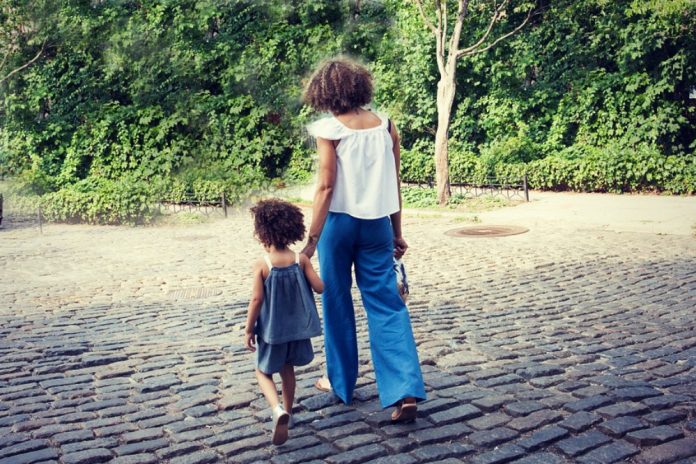Have you ever noticed that children behave more or less well depending on who they are around? Even the best-behaved children can suddenly become mean and temperamental with the person or persons who make them feel most secure.
Most mothers can attest to this. To run a few errands, they leave their little one with his father or a babysitter. When they get home, they ask, “How were they?” And in response, they hear, “Oh, they were an angel. Then, a few minutes after their return, the child hits them with a book on the head and screams bloody murder.
So what happens?
“The child’s primary caregiver is usually the one they feel most comfortable expressing strong feelings with,” says Karen Dudley, a child development specialist at UCLA.
While this behavior may seem insulting, it’s not because you’re not doing your job well, it’s because they feel safe with you. They know that even if they are upset or misbehaving, you will still love them.
That being said, it’s always best to maintain your authority (soft authority) status over them. Don’t give in to their tantrums and stick to the rules you have in place. When working with toddlers, Parents magazine suggests giving a one-minute warning. “In one minute, we’re going to stop playing and start getting ready for bed.
Then let them know that playtime is over and start getting them ready for bed. This shows them that you are true to your word.
You can also give them options for tasks they don’t usually like. “Do you want to brush your hair or teeth first?”
And on days when your little one is especially mad at you, plan ways to take care of yourself.
Above all, don’t let the frustrations and bad behavior make you feel like you’re not doing enough or that your child doesn’t respect you. On the contrary, experts believe that he respects you and feels safe with you more than anyone else, or he wouldn’t feel as comfortable expressing his difficult and frustrating emotions with you.
And on days when your little one is particularly mad at you, plan methods to take care of yourself.
Above all, don’t let the frustrations and bad behavior make you feel like you’re not doing enough or that your child doesn’t respect you. On the contrary, experts believe that he respects you and feels safe with you more than anyone else, or he wouldn’t feel as comfortable expressing his difficult and frustrating emotions with you.










